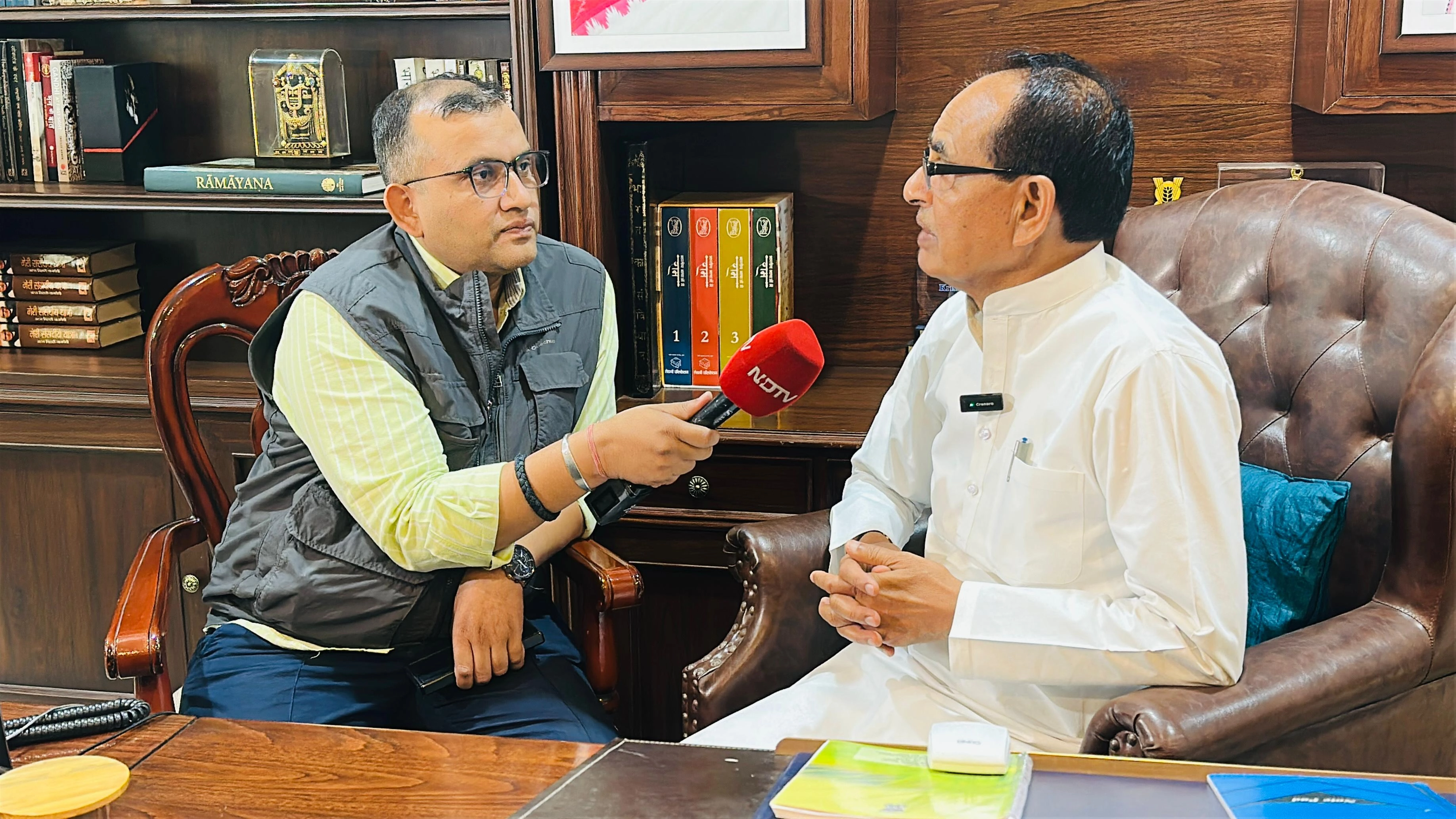Shivraj Chouhan, the Chief Minister of Madhya Pradesh, has recently stirred discussions regarding the contentious issue of a caste census in India. In a statement that has drawn significant attention, Chouhan remarked, “Congress didn’t do it, now says pressure?” This comment underscores his skepticism toward the opposition party’s claims about the need for a caste census. Chouhan’s remarks suggest that he perceives the Congress Party’s sudden advocacy for such a census as politically motivated rather than a genuine concern for social justice. He questions the commitment of the Congress to the issue, implying that if they truly believed in the necessity of a caste census, they would have taken action during their tenure in power.
The debate surrounding a caste census is not new; it has been a focal point in Indian politics, particularly in the context of reservation policies and social equity. Proponents of the caste census argue that accurate data on caste demographics is essential for implementing effective policies that can address the historical injustices faced by marginalized communities. On the other hand, opponents, including some political leaders, fear that a caste census could exacerbate divisions within society and lead to further polarization. Chouhan’s remarks reflect a broader apprehension among certain political factions regarding the implications of such a census and the potential for it to reshape the political landscape in India.
Chouhan’s assertion also highlights the ongoing tug-of-war between the ruling party and the opposition. The caste census has become a rallying point for various political parties, each seeking to align with the interests of specific voter bases. As the political climate intensifies, especially with upcoming elections, the demands for a caste census may become more pronounced. However, the question remains whether a census can genuinely address the complexities of India’s caste system or if it will merely serve as a tool for political gain. Chouhan’s comments serve as a reminder of the intricate dynamics at play in Indian politics, where issues of social justice are often entangled with electoral strategies and party loyalties.
In conclusion, the conversation around the caste census is emblematic of broader societal challenges in India. Shivraj Chouhan’s critical stance on the Congress Party’s motives raises essential questions about political accountability and the genuine intent behind calls for social reform. As discussions continue, it will be vital for all stakeholders to consider the implications of a caste census not only for policy-making but also for the social fabric of the nation. Ultimately, how Indian politics navigates this sensitive topic could significantly influence the future trajectory of caste relations and social justice initiatives in the country.




